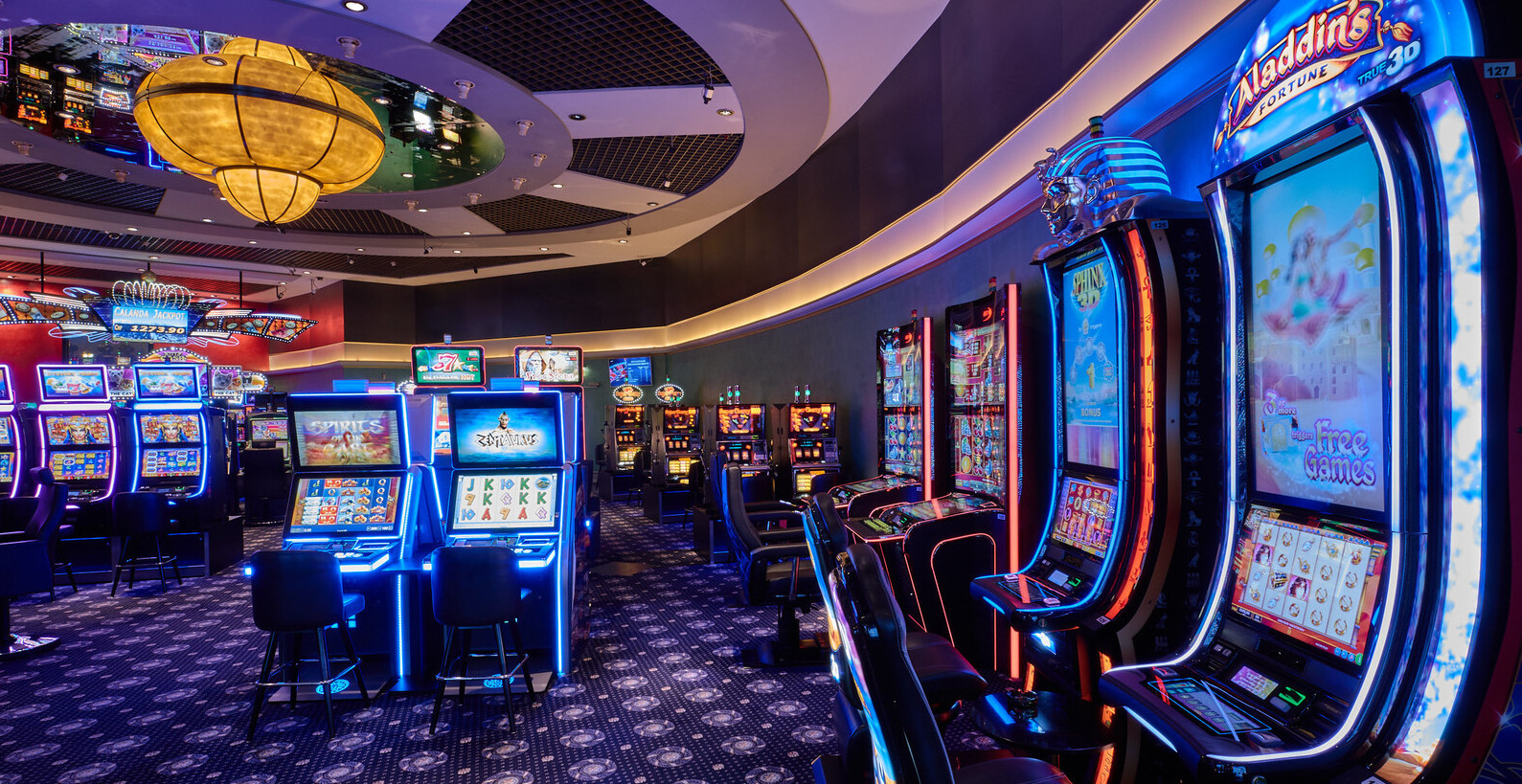
Casino games have long been a significant aspect of human culture, providing not just entertainment but a fascinating reflection of our hopes, wishes, and anxieties. From the spinning reels of a slot machine to the tactical play of poker, these games encapsulate a range of human feelings and events. At their core, casino games are not just a chance to make profits; they are a snapshot of life itself, where danger and gain converge and fortunes can change in an instant.
As players assemble around tables or sit in front of brightly lit machines, they engage in a tradition that transcends mere gambling. These games reflect our natural desires for connection, thrill, and the search for fortune. They also unveil deeper truths about human nature, such as our relationship with luck and the thrill of the unknown. In exploring casino games, we reveal not only the nuances of play but also the rich tapestry of the human experience, showcasing our woven narratives of aspiration and reality.
The Psychology of Gambling
Gambling is deeply rooted in the psyche of individuals, appealing to various emotions and desires. The thrill of risk-taking is a fundamental aspect that attracts participants, whether it’s excitement of spinning a roulette wheel or the anticipation of drawing a winning hand in poker. This adrenaline is frequently likened to other forms of thrill, as the unpredictability of outcomes triggers a unique psychological response. Players often find themselves entranced by the possibility of striking it rich, leading to an almost magnetic draw toward casino games.
Another, a crucial component of the psychology behind gambling is the concept of hope and aspiration. Players often nourish dreams of financial freedom and the opulent lifestyle that can accompany winning. This hope fuels their continued participation in gambling, as it provides a sense of meaning and the conviction that a life-changing win could be just one wager away. The narrative of overcoming odds and achieving success resonates with many, strengthening their commitment to play and engage with these games.
Lastly, social aspects play a crucial role in gambling psychology. Casino environments are designed to promote social interaction, where players gather to share the experience of wins and losses. This communal aspect not only amplifies enjoyment but also affects behavior, as individuals often imitate the actions of others in their vicinity. The collective approval found in mutual thrill can enhance the emotional experience, making casino games a mirror of not just personal desires but also collective engagement within the gambling community.
## The Dual Nature of Risk and Reward
Gambling games embody the subtle balance between danger and reward that resonates profoundly with human nature. The rush of placing a wager is often accompanied by a jolt of energy, as gamblers are confronted with the possibility of winning big, yet conscious of the potential to suffer losses. This bipartisan experience reflects a core aspect of life: the paths we choose often come with inherent risks, and the quest for benefit can drive us to embrace risks we might not typically consider. In this way, gambling activities mirror real-world decisions, enticing gamblers to gamble not just their capital, but also their hopes.
The allure of big prizes and winnings fuels a sense of optimism, motivating gamblers to envision a better future that could emerge from a lucky spin of the roulette or turn of a card. This hope can drive individuals to engage in riskier behaviors, urging them to take greater risks in search of economic benefit. However, just as in life, the consequences of these decisions can lead to both victory and loss. The narratives of both big winners and those who have faced losses everything at the tables demonstrate the unpredictable nature of chance and its impactful repercussions on our futures.
Ultimately, the experience of engaging with gambling activities serves as a vivid illustration of the human condition. Every round played is filled with the tension of risk, as players weigh the rewards against the dangers. This dynamic not only highlights the thrill that comes with gambling but also reveals the weaknesses that come with the longing for more. As we navigate the challenges of decision-making and results in both the casino and in life, we find that the pursuit of risk and reward shapes our character and journeys in deep ways.
Culture and Isolation in Casino Environment
Gambling environment is a unique combination of social interaction and individual endeavor, reflecting the contrasts of human experience. Players often gather around games, experiencing in the thrill of the game, celebrating wins, and commiserating over losses. This social aspect is vital, as it establishes a sense of community and camaraderie among diverse groups of individuals. Regular attendees to casinos may build friendships and develop routines, turning the casino into a alternative home where they experience linked to a greater community of players.
However, the attraction of gambling games can also result to loneliness. As individuals become immersed in the thrill of gambling, they may isolate from personal connections or neglect to interact with the environment outside the gaming space. For some, the search of a jackpot can distract from genuine connections, leading to loneliness. The situation of being among people yet experiencing solitary is not rare, as the focus shifts from collective fun to the individual stakes of each player’s path.
This interaction of community and solitude creates a vivid mosaic that defines gaming culture. It highlights the complexity of human interactions, where happiness and despair exist together. Casinos serve as both a sanctuary for social interaction and a stage for individual challenges, illustrating how intimately entwined our desire for companionship and the personal quest for wealth can be. In navigating this landscape, gamblers confront their own stories—seeking both the thrill of the game and the companionship of other players, ultimately reflecting the broader spectrum of individual experience.
5MB